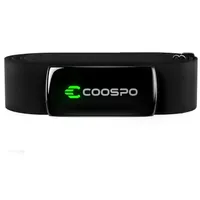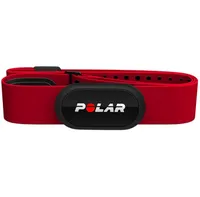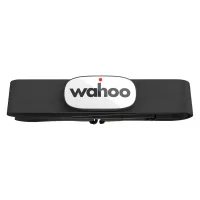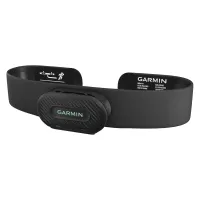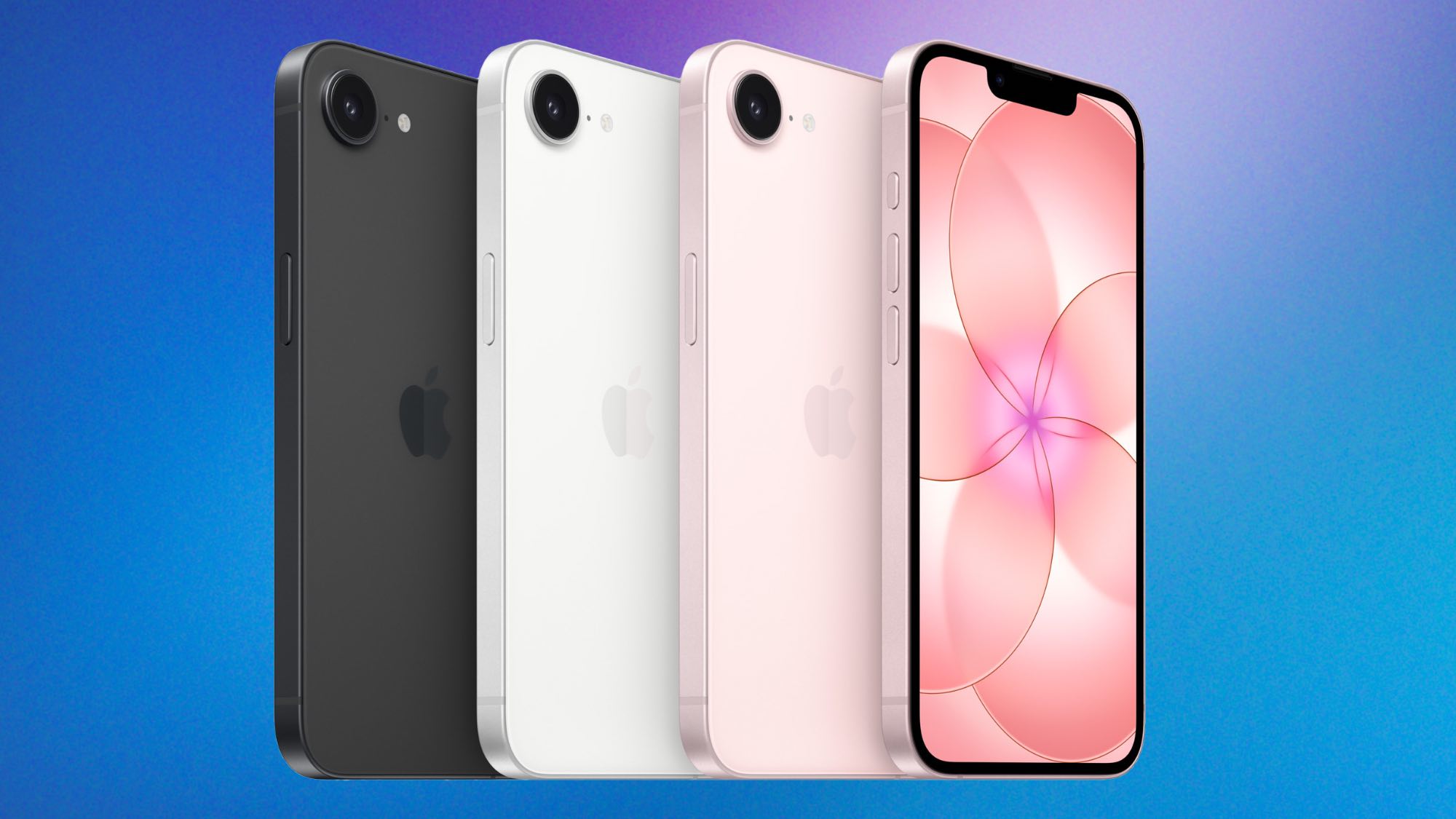The best heart rate monitors in the Prime Day sales — 4 deals on chest straps from $35
Upgrade your heart rate data with these deals
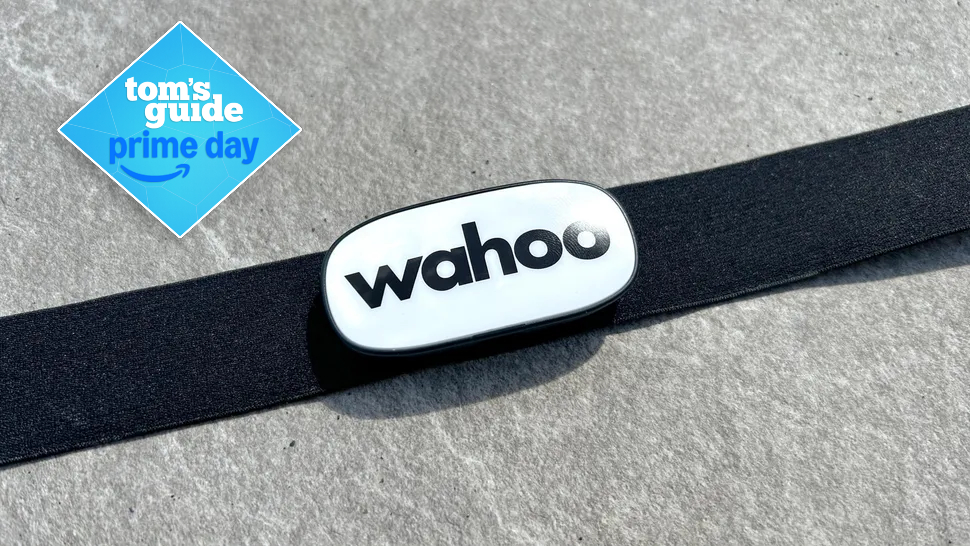
Here at Tom’s Guide our expert editors are committed to bringing you the best news, reviews and guides to help you stay informed and ahead of the curve!
You are now subscribed
Your newsletter sign-up was successful
Want to add more newsletters?
Join the club
Get full access to premium articles, exclusive features and a growing list of member rewards.
Chest strap heart rate monitors are, in my opinion, the best accessory you can get for your fitness, and you can pair them with most smartwatches and phones easily via Bluetooth.
Smartwatches have optical sensors, but in my experience as a marathon runner and watch tester, they're never quite as accurate or reliable as a chest strap heart rate monitor.
That's why I've searched through all the Amazon Prime Day deals to find you the best chest strap monitors I've tested that are discounted right now, so you can track and boost your fitness without breaking the bank.
Quick links
- See all Amazon Prime Day Deals right now!
- Coospo H9Z Chest Strap: was $59 now $35 @ Amazon
- Polar H10 Heart Rate Sensor: was $104 now $76 @ Amazon
- Wahoo TRACKR Heart Rate Monitor: was $89 now $76 @ Amazon
- Garmin HRM-Fit Heart Rate Monitor: was $149 now $129 @ Amazon
Best heart rate monitor deals
This is a budget-friendly chest strap that I found as reliably accurate as monitors that cost twice as much when I tested it out. It’s a rechargeable strap too, which is convenient, and it can connect to watches and phones via both Bluetooth and ANT+. It’s not as comfortable as pricier straps and Coospo’s own app is confusing, and you can’t wear it for swimming or store workouts on the H9Z, but for the price it’s great for running and gym workouts.
Polar straps have long been the gold standard for accuracy, and the H10 is its flagship heart rate monitor. It has internal storage and is fully waterproof so you can use it for swimming and download the heart rate data later, and it offers 400 hours of tracking via a coin battery that’s easy enough to replace when it runs out. This is the strap I’ve used most over the past 10 years of running, and it’s never let me down.
I was impressed by the Wahoo TRACKR when I tested it last year, and it’s your best option discounted right now if you want a rechargeable chest strap. It doesn’t have internal storage like the Polar H10, but is comfortable for long runs and other workouts and it offers 100 hours of tracking on a charge.
As much as I like chest straps, they don’t work for everyone, and women in particular can sometimes find them uncomfortable, which is where the clip-on Garmin HRM-Fit monitor comes in. It clips onto a sports bra to make it easier and more comfortable to wear during workouts than standard strap, as our fitness editor Jane McGuire attests to in her Garmin HRM-Fit review.
Why are chest straps more accurate than watches?
Chest straps measure the electrical activity of your heart when it beats, which is similar to the way electrocardiogram measurements are taken in a hospital.
It’s a more direct and reliable way of measuring your heart rate than the way optical sensors in watches measure heart rate by looking at the way your pulse affects light from the LEDs on the sensor.
This optical heart rate monitoring uses your blood, rather than your heart directly, and is also affected by the fact your wrist is often moving during workouts, which negatively impacts the accuracy of the measurement.
As a runner I often notice that the sensors on watches will lock onto my running cadence or footstrike rather than my heart rate, for example.
Chest straps aren’t for everyone — they’re less convenient and comfortable than just using your watch measurements, and watches are getting better at measuring heart rate all the time.
However, if you want the most accurate heart rate information possible, then a chest strap is the way to go.
Get instant access to breaking news, the hottest reviews, great deals and helpful tips.

Nick Harris-Fry is an experienced health and fitness journalist, writing professionally since 2012. He spent nine years working on the Coach magazine and website before moving to the fitness team at Tom’s Guide in 2024. Nick is a keen runner and also the founder of YouTube channel The Run Testers, which specialises in reviewing running shoes, watches, headphones and other gear.
Nick ran his first marathon in 2016 and became obsessed with the sport. He now has PBs of 2hr 25min for the marathon and 15min 30sec for 5K. Nick is also a qualified Run Leader in the UK.
Nick is an established expert in the fitness area and along with writing for many publications, including Live Science, Expert Reviews, Wareable, Coach and Get Sweat Go, he has been quoted on The Guardian and The Independent.
You must confirm your public display name before commenting
Please logout and then login again, you will then be prompted to enter your display name.
 Club Benefits
Club Benefits










